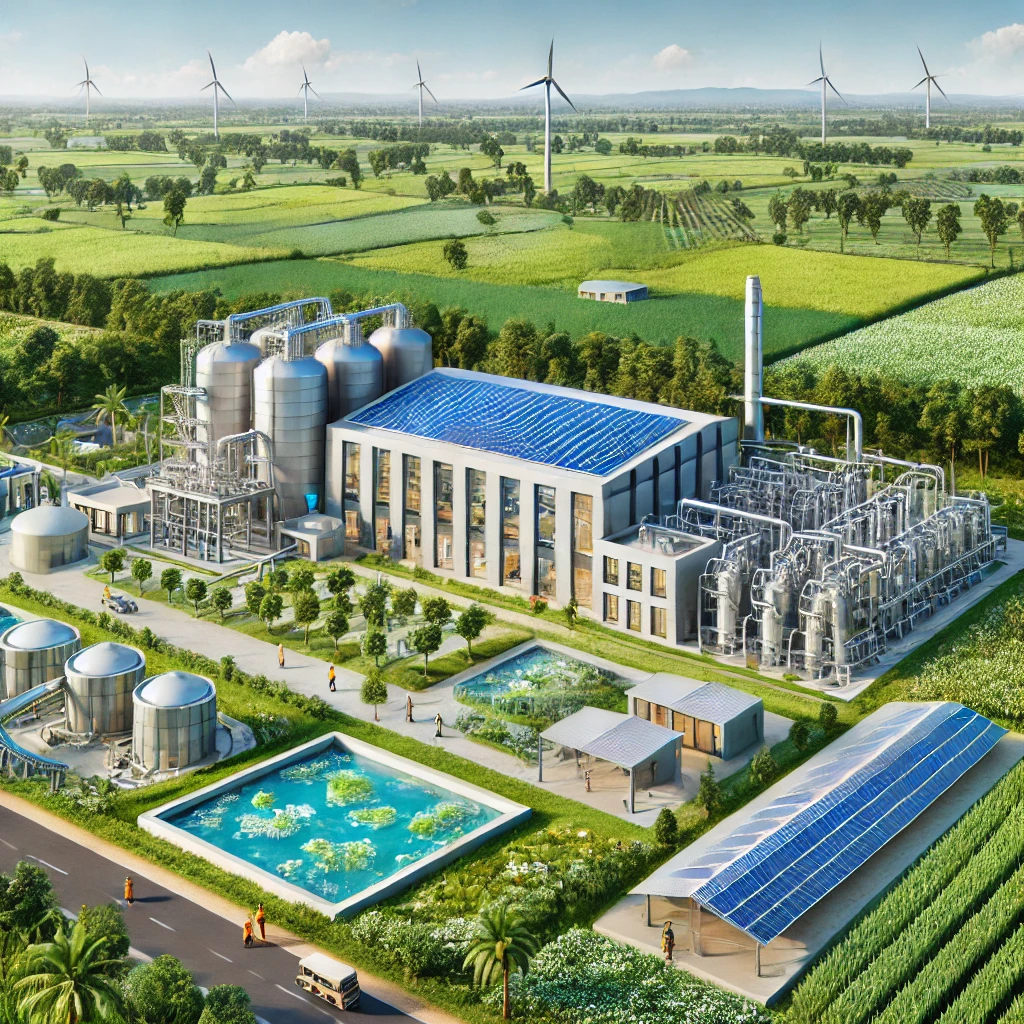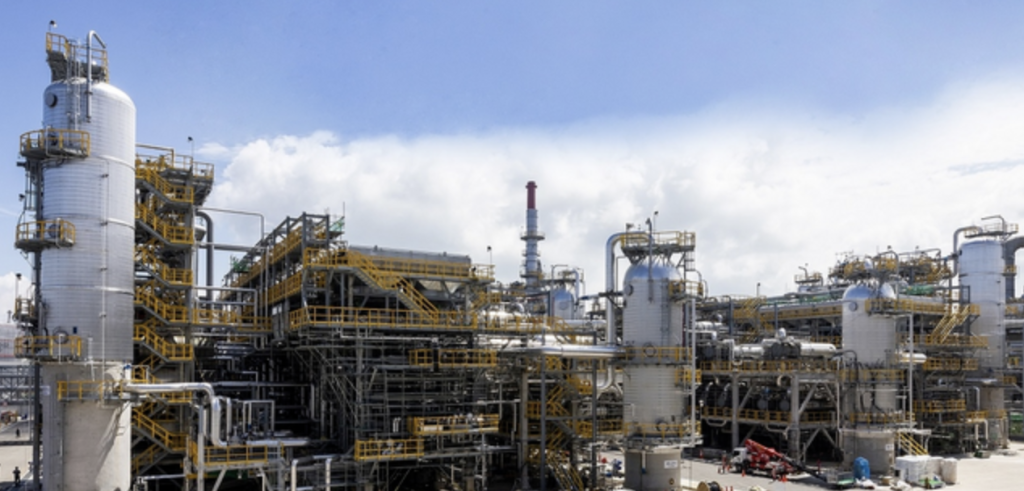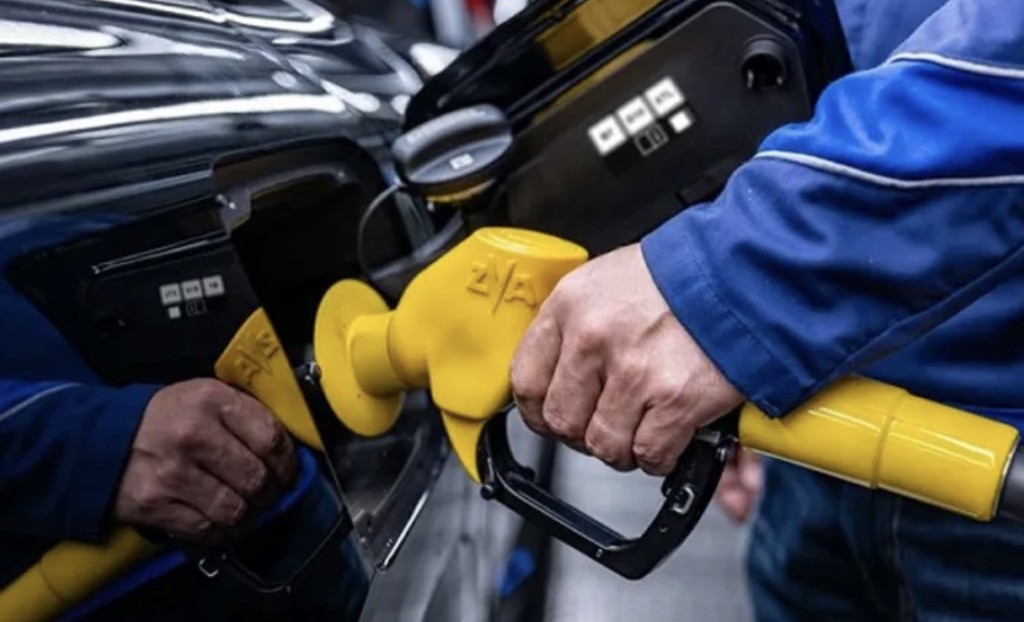
December 13, 2024
Samsung has secured a contract for a new biorefinery capable of producing Sustainable Aviation Fuel (SAF) and Hydrotreated Vegetable Oil (HVO) to…

December 13, 2024
South Korea’s Samsung E&A said Thursday it has been awarded a contract to build a refinery in Malaysia that will produce sustainable…

December 12, 2024
HD Hyundai Oil Bank said on 12 December that it exported ultra-low sulphur bio marine oil to Taiwan shipping company Yang Ming…

December 12, 2024
Pathway Energy LLC debuted as a wholly owned subsidiary of Nexus Holdings on 12 December and announced the launch of a series…

December 12, 2024
On 12 December, Neste and BMW announced a partnership to supply 100% renewable diesel fuel, also known as Hydrogenated Vegetable Oil (HVO100).…

December 12, 2024
The UK Trade Remedies Agency (TRA) has initiated a transitional review of Indonesia’s countervailing measures on biodiesel. The measure, which was inherited…

December 12, 2024
Bp has launched bp Bioenergy HVO for heavy duty road transport in Spain. The renewable diesel will be available at selected petrol…

December 12, 2024
Darling Ingredients Inc., a global leader in transforming food waste into sustainable products and renewable energy, has announced a groundbreaking development in…

December 12, 2024
CleanJoule launched its newest product, SpaceSAF™, on 10 December, which is a direct replacement for ultra-refined paraffin fuel used in liquid rockets…

December 11, 2024
A new report released by the Korea Institute for Energy Economics and Financial Analysis (KEEFA) highlights the importance of developing a domestic…










